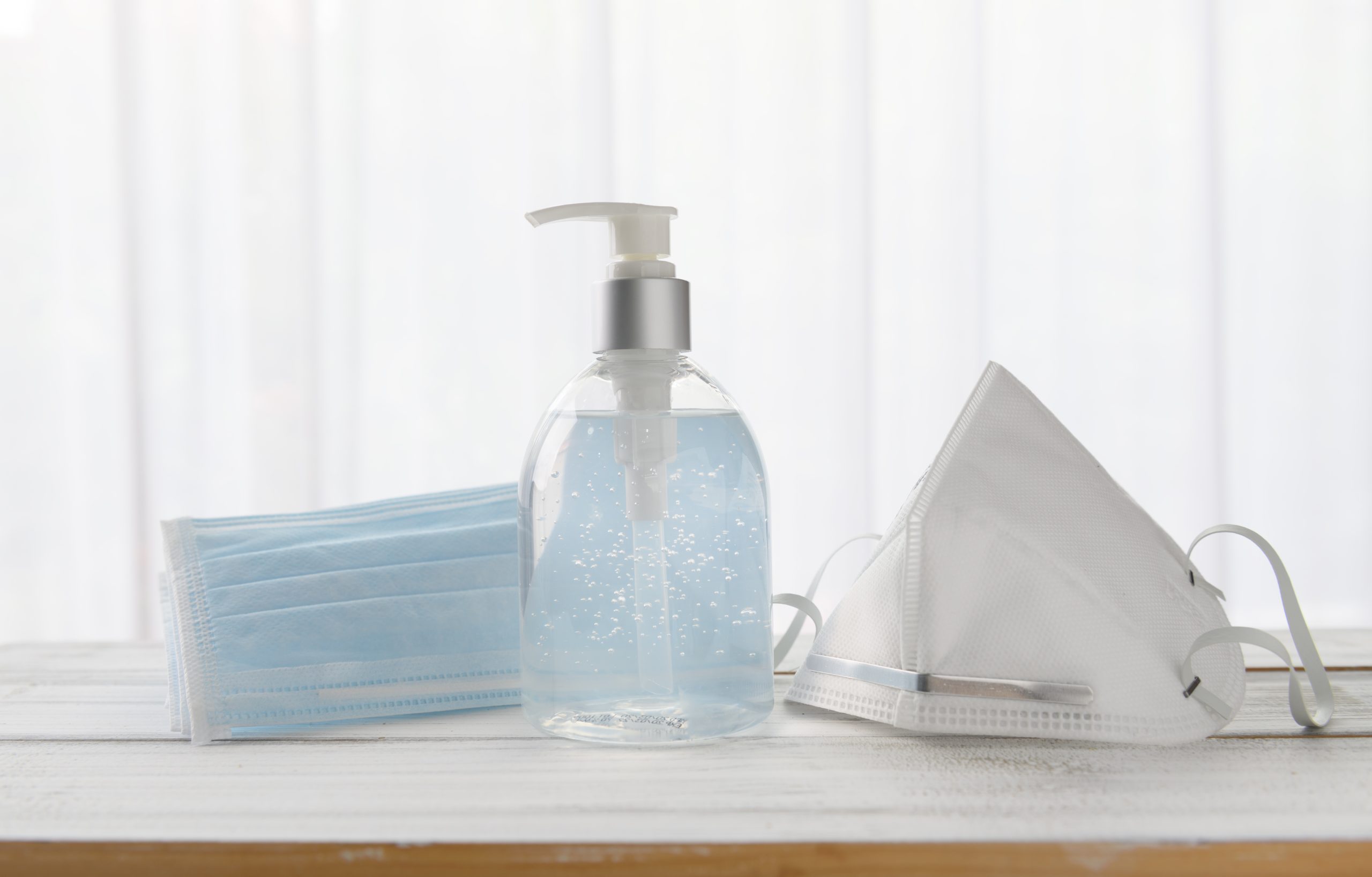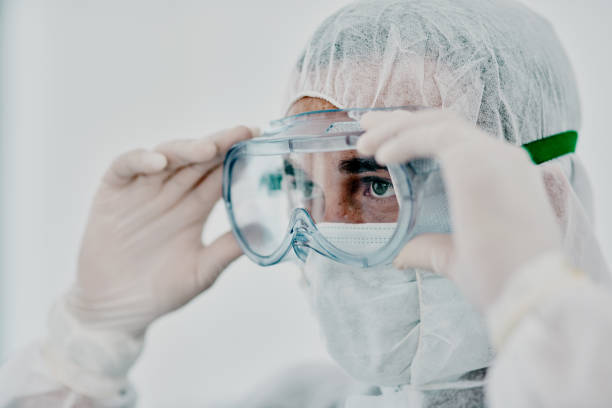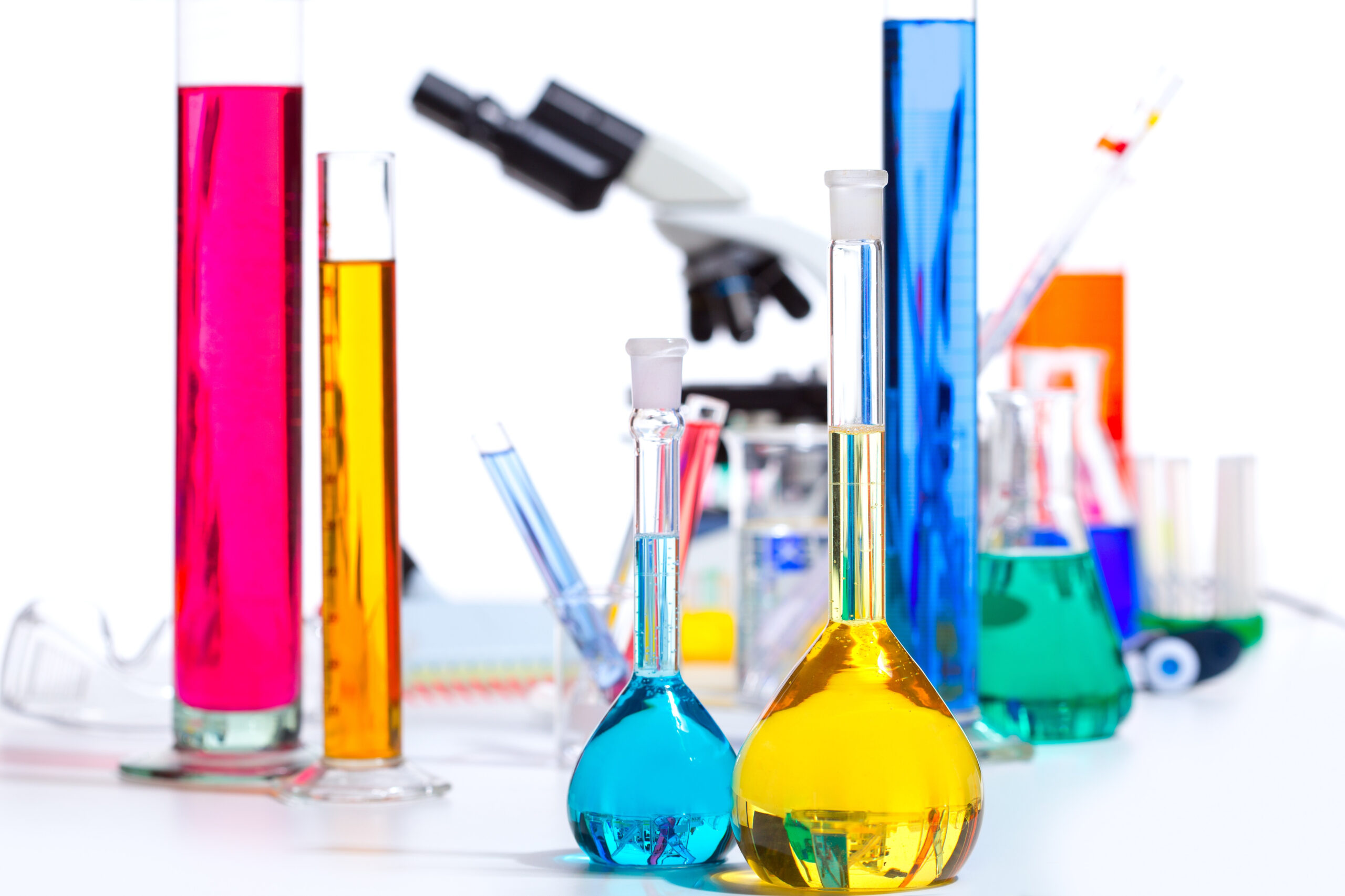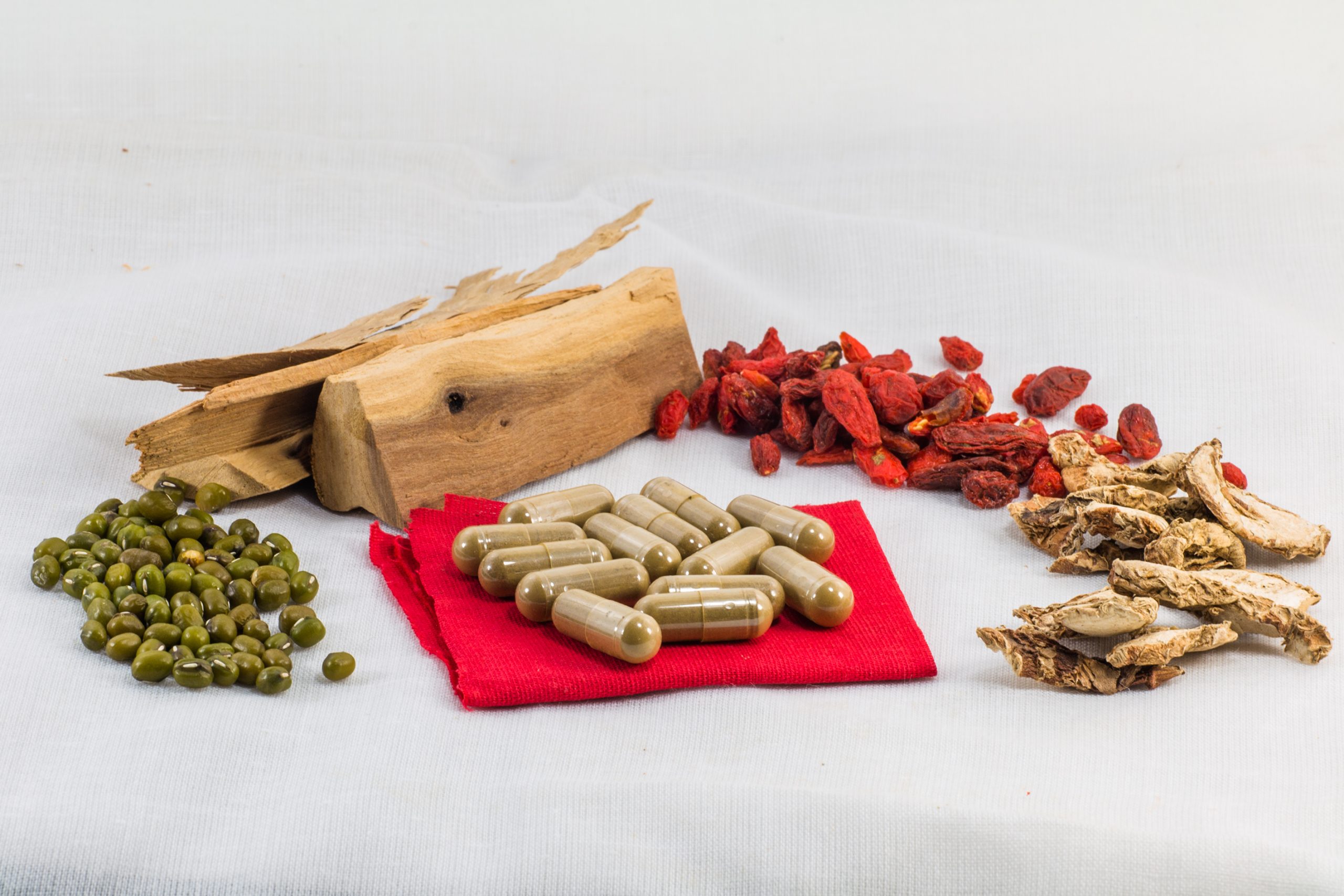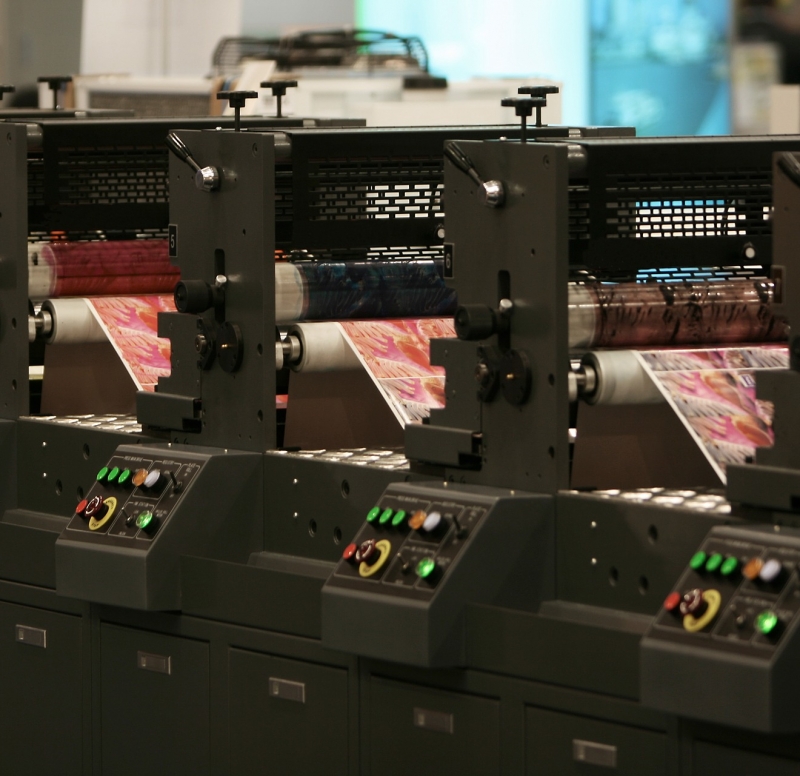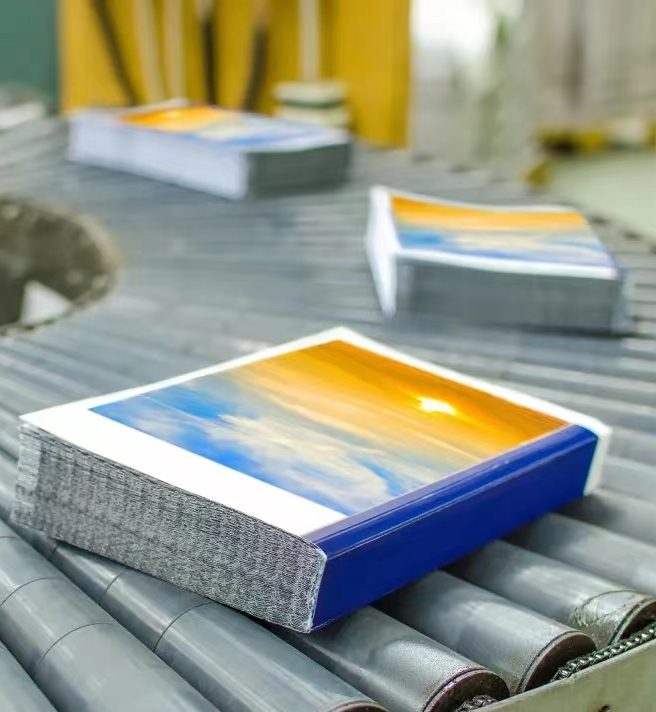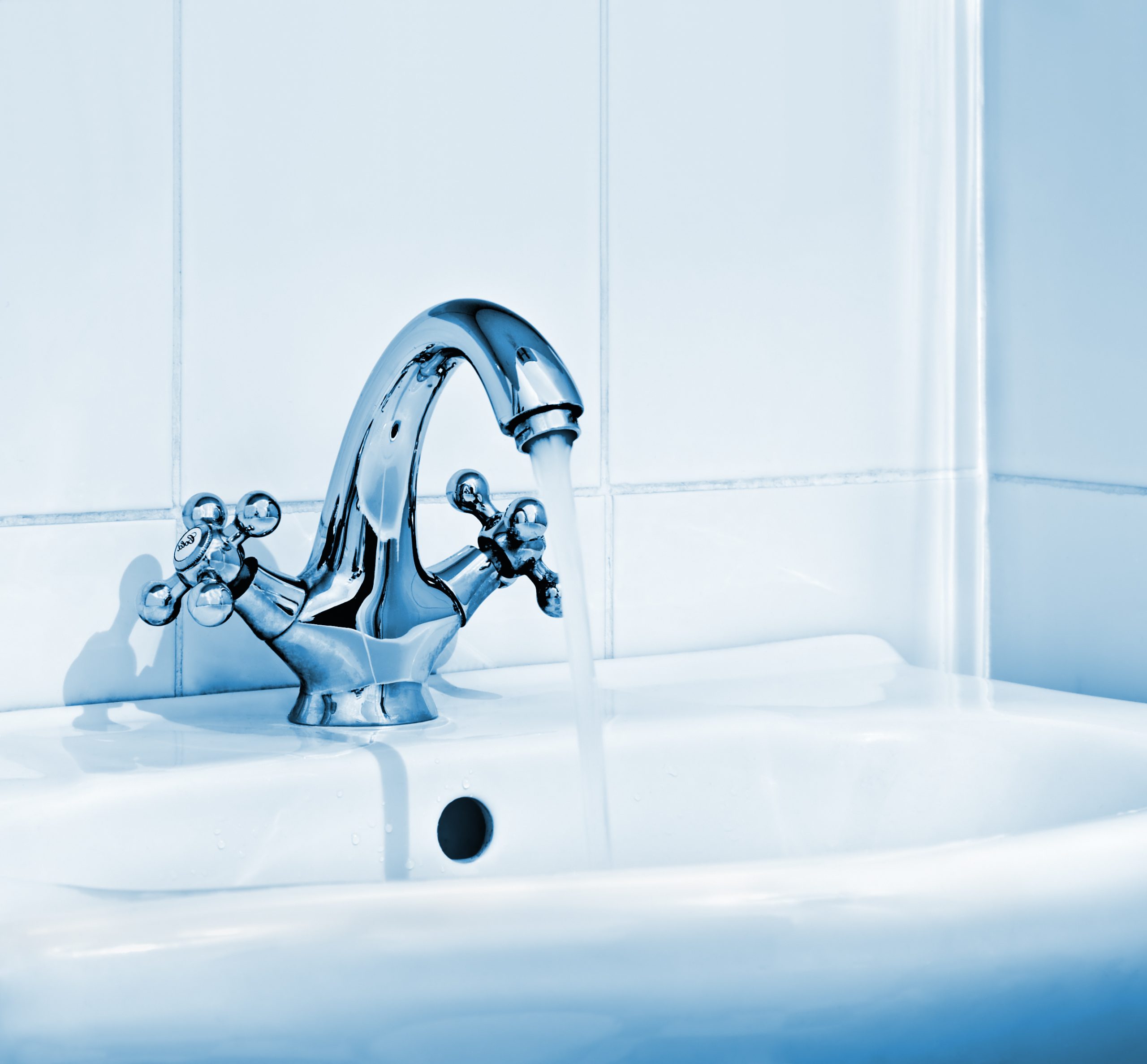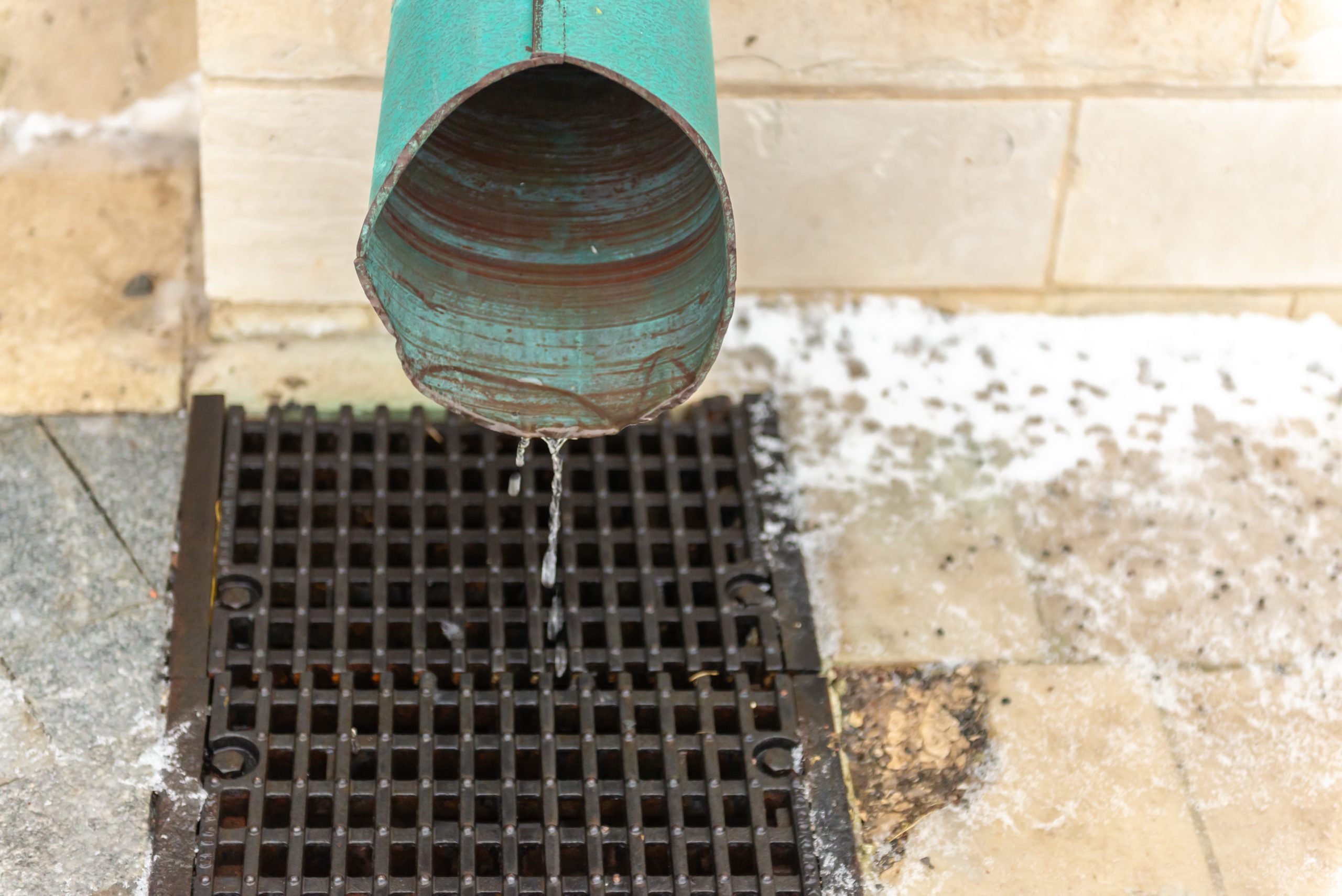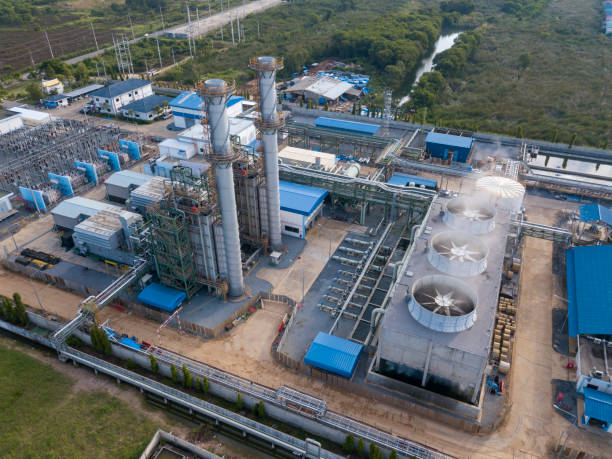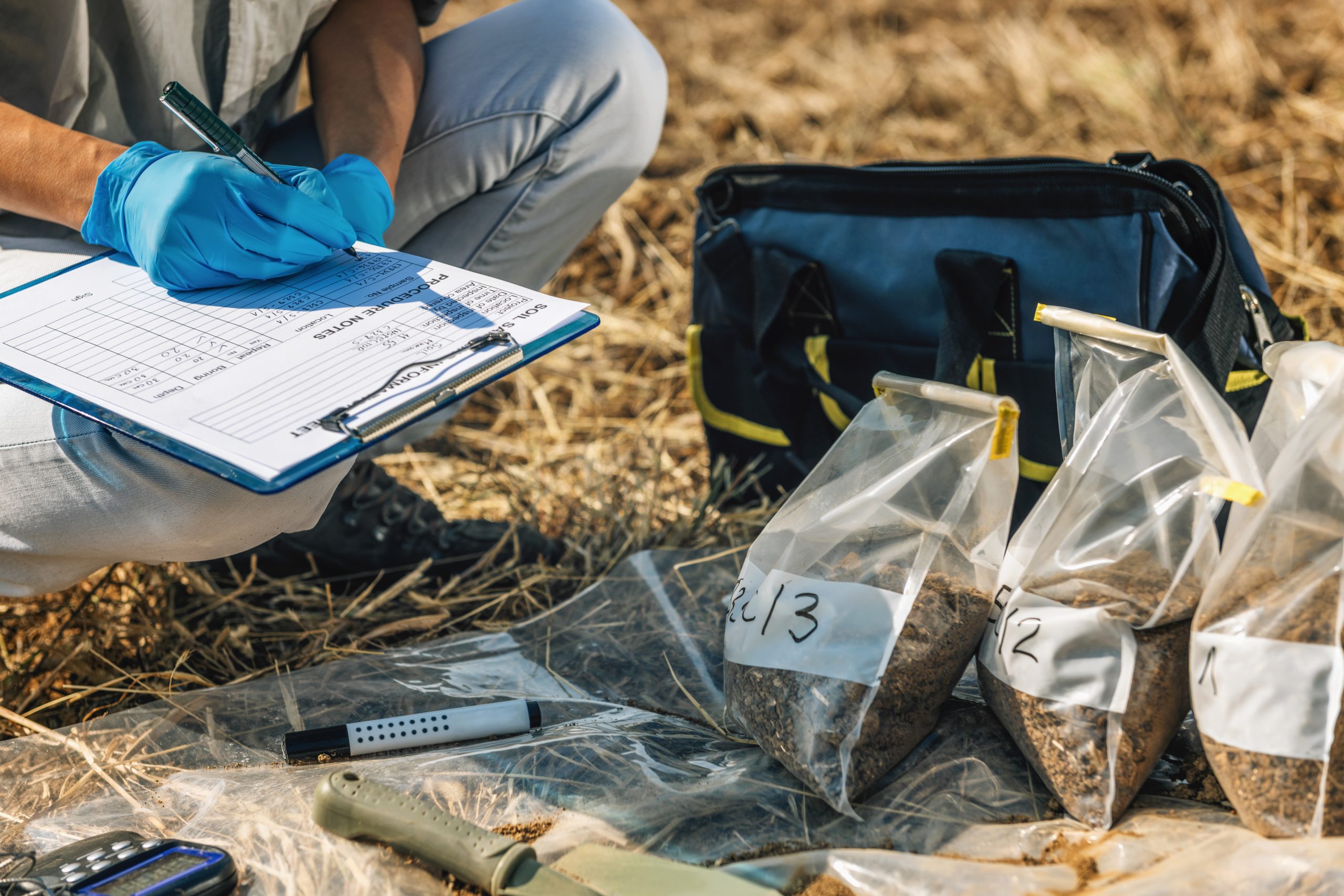There are a number of chemicals that are commonly tested in cosmetic products to ensure their safety and compliance with regulations. Some of the most commonly tested chemicals include:
1. Preservatives: These are added to cosmetic products to prevent the growth of bacteria and fungi. Common preservatives include parabens, formaldehyde releasers, and quaternary ammonium compounds.
2. Fragrances: These are added to enhance the scent of cosmetic products. However, some fragrances can cause allergies and other adverse reactions in some people.
3. Heavy metals: These include lead, mercury, and arsenic, which can be harmful if they are present in high levels in cosmetic products.
4. UV filters: These are added to protect the skin from the harmful effects of UV radiation. Common UV filters include octinoxate, avobenzone, titanium dioxide (TiO2), etc.
5. Phthalates: These are often used as plasticizers in cosmetic products and have been linked to adverse health effects.
6. Formaldehyde: This is a preservative that can cause allergies and other adverse reactions in some people.
These are just a few examples of the chemicals that are commonly tested in cosmetic products. Testing for these chemicals helps to ensure that cosmetic products are safe for use and meet regulatory requirements such as Regulation (EC) N° 1223/2009, Title 21 of the Code of Federal Regulation (FDA 21 CFR) Modernization of Cosmetics Regulation Act of 2022 (MoCRA), Cosmetic Supervision and Administration Regulation (CSAR), etc.





